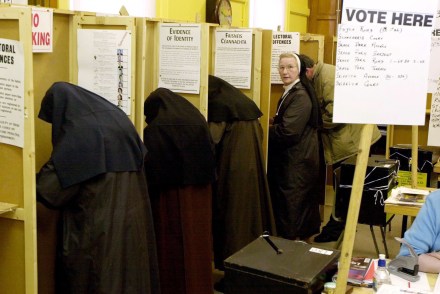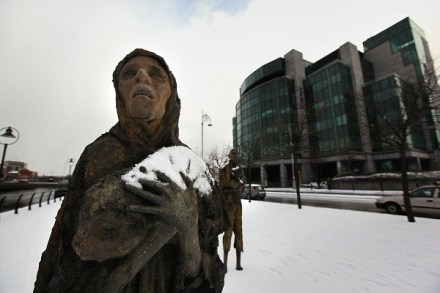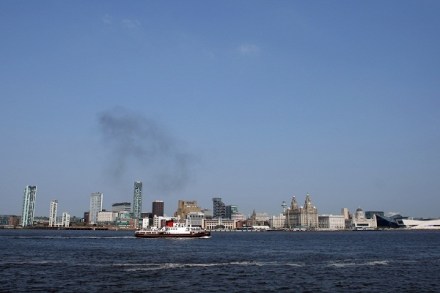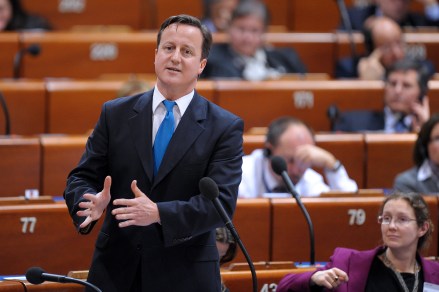Irish Newspapers Attempt to Kill the Internet – Spectator Blogs
If Andrew Sullivan offers one example of how to thrive in the confusing, difficult, exciting new media world then, by god, the Irish newspaper industry offers another. The Irish newspaper industry has hit upon an innovative means of survival in these troubled times for the ink-trade: charge folk money for linking to your copy. Yes, for linking. Not for copying or ripping off or excerpting far beyond any fair use standard but for linking. Like, for instance, this link. Or this one. Or this one. Or this one. Or this one. Or this one. For linking to these six randomly selected stories from today’s Irish papers the industry suggests it











